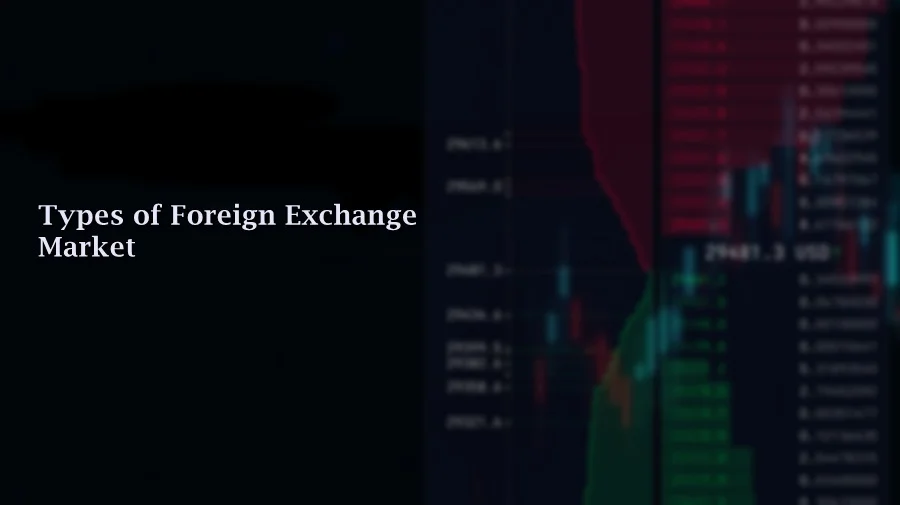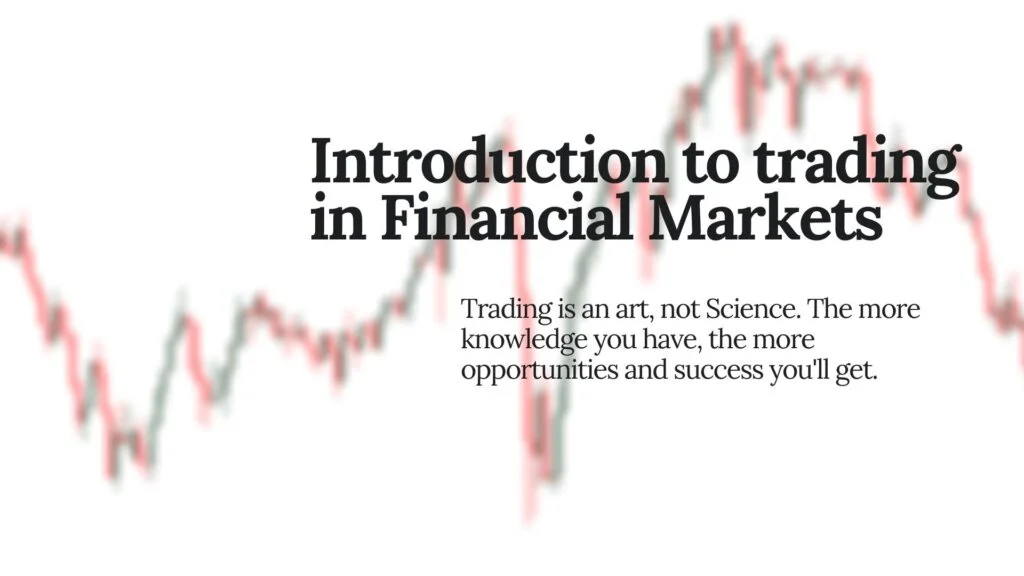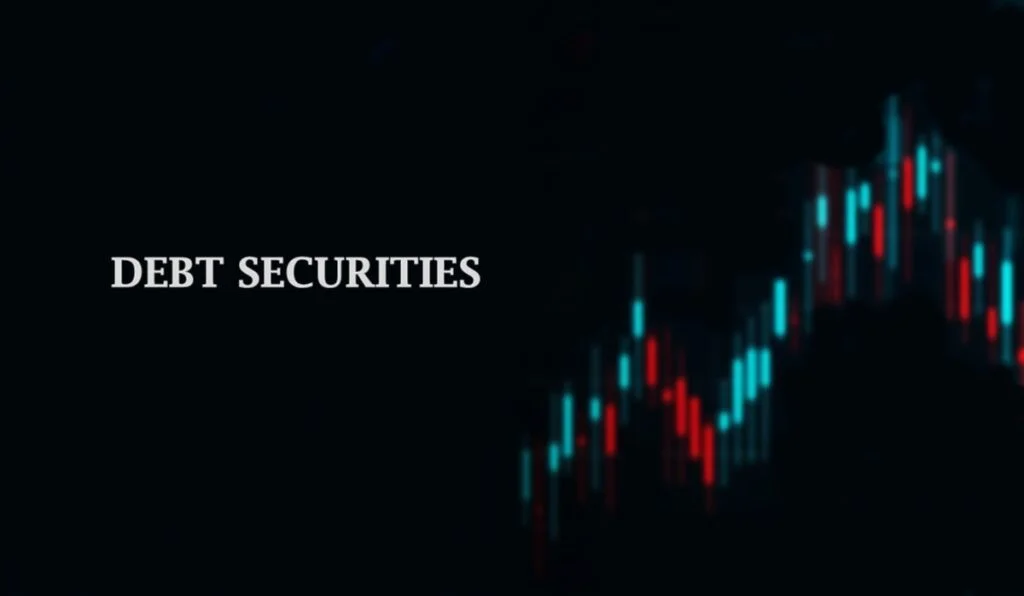
Table of Contents
Introduction
In general markets of any sort are designed to fulfill the needs of its participants. International Financial Markets are designed to fulfill the needs of its wide variety of users. Their agenda from business is profit. These participants mostly include Commercial and Investment Banks, Central Banks, large Corporations, Hedge Funds, Brokers, and Dealers. Their purpose of buying and selling of currencies varies. Depending on the needs of participants, there are several types of Foreign Markets. The nature of Forex markets varies from simplicity to complexity. Method of transactions differs in them. When it comes to the discussion of Financial Markets, it is important to discuss the risk factor associated with them. Some types are designed to minimize risk associated with price movements. This happens when both parties agree on term and conditions. This is done to facilitate international trade. There are large institutions in FX market. Their purpose is to be profitable from price movement. This difference of purposes makes the market more liquid and volatile, and made difficult for single entity to control the market movements. There are monetary policies which control the directional bias of market. it is important to look for economic indicators because large institutions are reluctant to follow the overall perspective of the market.
Types of Foreign Exchange Markets

Depending on the needs of participants, there are following types:
- Spot Market
- Forward Market
- Futures Market
- Option Market
- Swap Market
- Over the Counter Markets
Spot Market:
It is one of the most important sections of the financial market as a whole. As the name suggest, it facilitates transaction on current market price on immediate basis. In this type of foreign exchange market, currencies are exchanges within two business days, also known as T-2 (trade date plus two days). The exchange rate of currencies in spot market represents the actual value. The following are the key features of Spot Market:
- This section of the market is the most liquid section of the market. Due to its simplicity and immediate nature, transactions take place globally.
- This allows participant to exchange currency directly with any intermediary with the help financial institution.
- With the technological advancement, most transactions in spot market executed electronically, and interbank is the platform used.
- Its immediate nature encourages international trade and investment.
This market is highly accessible. The following are the participants use spot market:
- In order to facilitate transaction in interbank, commercial banks, central banks, investment banks, and financial institution participate in the spot market.
- Large corporations and businesses used this market for financial transaction because of its immediate nature and simplicity.
- Retail traders also used this type of market for profitability from short term price movements.
Forward Forex Market:
In this type of Forex Market, customized contracts are used in buying and selling of currencies. Participants of this market set predetermined price and date of the future. Participants uses this type of market using contract which are tailored to their needs. The following are key points of forward market:
- Both parties use contract and customized it with needs and necessities. Both parties set price and future date for future transaction.
- This type of market allowed flexibility in terms and conditions, and traded over-the-counter privately.
- Contracts are builds by specifying exchange rate for currency.
- The use of spot market is to hedge against currency risk attached with future transactions. In simple, this market is used to facilitate importer and mitigate risk from future price movement.
Apart from its usefulness for importers, there are limitations associated with this type of transaction. There is counterparty risk associated with Forward contracts. It is possible that one of the parties may default on the agreements made in contract.
Future Forex Market:
Unlike forward market, this market uses standardized contracts. The contracts are traded on public exchanges. The following are key characteristics:
- These contracts are standardized in nature and traded on exchanges. Exchanges establish sizes, expiration, and contract specification.
- Apart from decentralized nature of FX market, this uses centralized exchanges for trading.
- This type of FX Market require margin which exclude counterparty risk in trading. Margin and leverage are the basic components of this market. Margin works as collateral while traders use leverage for trading which gives trader potential profits and losses.
Future contracts are used for hedging and speculation purposes. Future contracts contain standardized set of rules and sizes which may not be align with the participants.
Forex Option Market
This type of market overcome the requirement of obligation which is indispensable to follow in previous two types of market. Option market grants the right to buy and sell. The right to buy and sell can be purchased by buying the premium. The option contract gives users the right of buying and selling of currencies on or before specified date at predetermined price. The following aspects are important to remember:
- Premium gives option buyer the right to buy, and removes the question of obligation. This represents the price of option contract. The premium of an option can be calculated by considering various factors like exchanges rates, interest rates, volatility, and what time is decided for expiration of option contract. Option buyers pay the price for premium to option seller. With premium, the buyer gets the right to execute option on or before specified date. Obligation in option market is carried by the seller, who receives the premium to buy or sell with the buyer decision.
- Execution of buying and selling is called Call Option and Put Option. Call Option is the right of buyer to buy at a strike rate (the predetermined price of option contract). Call option is the right of buyer to sell at a strike rate.
- Expiration date of Option market is important part of Option contract. With the expiration of premium, it must be exercised if profitable, and if not profitable, it will be expired worthless. Option contract writer will keep the premium in this case.

Large corporations use Forex Option Market for mitigating currency risk. In international trade such as import and export, such contracts are used to hedge against currency risk because currency fluctuations effect the prices of goods and services for foreign buyers.
Forex Swap Market
Currency swap is the fundamental purpose of this market. This market contains customized contracts in which both participants agree on exchanging one currency at a specified time, and at later date they’ll reverse the currency exchange. The following aspect of Foreign swap market must be remembered:
- Contract of Swap market created obligations to follow the rules and regulations. It involves spot and forward transaction. Currency under the contract exchanged at the spot exchange rate, and with contract maturity, it is obligation to reverse the transaction.
- In contract, both parties agree on interest rates and payments. In contract, they agree on interest payment and develop cash flow for it, and it is obligation of borrower to pay the interest at fixed intervals. Interest payment can be floating or fixed depending upon their agreement.
The general process of currency swap lies in buying currencies at spot market rate and create obligations regarding reverse transaction when contract matures. At the same time, they agree on interest payment that must be respected by borrower. Market participants like corporations and businesses use this market for hedging against currency risk. This is the general understanding of currency swap. There are other variants of currency swap related to interest rate swap.
Over-the-counter Market
In Forex Market, OTC markets refers to the exchange of currency pairs takes place directly between two parties without the involvement of centralized exchanges. Possibility of using broker and dealer is an important aspect of this market. The following are the key characteristics:
- Decentralized nature provides both parties to trade currency without the involvement of central exchanges. Brokers, and dealers sometime act as financial intermediary, only if they use their method. On the other, when both parties agree to trade or exchange currency, no financial is required to complete the transaction.
- Apart form risk associated with OTC market, it flexible customized nature attract participants in performing transaction in OTC market. Unlike central exchange (which provides strict and unchanged rules), OTC forex market is highly flexible and fulfills the need of user.
Apart from its usefulness, there are several drawbacks associated with over-the-counter market. lack of transparency is one of them. This places obstruction in the place for traders and investors in obtaining overall view of market conditions.
Concluding remarks
With wide variety of market participants and multiple types, now it seems sensible in believing its huge liquidity. Purposes of investment in such market is profitability but the way they chose path for profit is different. Corporations and businesses use such markets to save themselves from risks associated with currency, which can affect their business. They often save themselves from over-paying of tax by using customized contracts. Similarly, there are other who benefit themselves by speculating the price of one currency over the other. Normal trader uses broker account to trade and profit from such price movements. Every single piece of writing helps build the confidence of novice trader. By understanding the types of Foreign Markets and contributions of Market participants helps build the confidence that no single entity can control the market.
Frequently Asked Questions
How does the Spot Market differ from the Futures Market?
The Spot Market involves immediate currency exchanges at current market prices, while the Futures Market involves standardized contracts for future delivery at predetermined prices. Spot market transactions are typically settled within two business days, whereas futures contracts are settled on the contract’s expiration date.
Why do traders use the Forward Market?
Traders use the Forward Market to hedge against potential currency fluctuations by locking in exchange rates for future transactions. This is particularly useful for businesses involved in international trade, as it provides certainty about future costs and revenues.
How do businesses use the Forward Market?
Businesses use the Forward Market to hedge against currency risk by locking in exchange rates for future transactions. This helps stabilize costs and revenues, making financial planning more predictable and reducing the impact of adverse currency movements.
Can individual traders participate in all types of Forex markets?
Yes, individual traders can participate in all types of Forex markets. However, access may vary based on the trader’s broker, account type, and regulatory requirements. Spot and options markets are more commonly accessible to retail traders, while forward and swap markets may require more advanced accounts or institutional participation.
I’m Abdullah Shah, a content writer with three years of experience in crafting engaging and informative content. My background in market analysis complements my work, allowing me to create content that resonates with audiences. I’m also a seasoned practitioner in the forex and crypto markets, with a strong foundation and deep interest in finance. My passion for the financial world drives me to produce content that is both insightful and valuable for those interested in understanding market trends and financial strategies.





